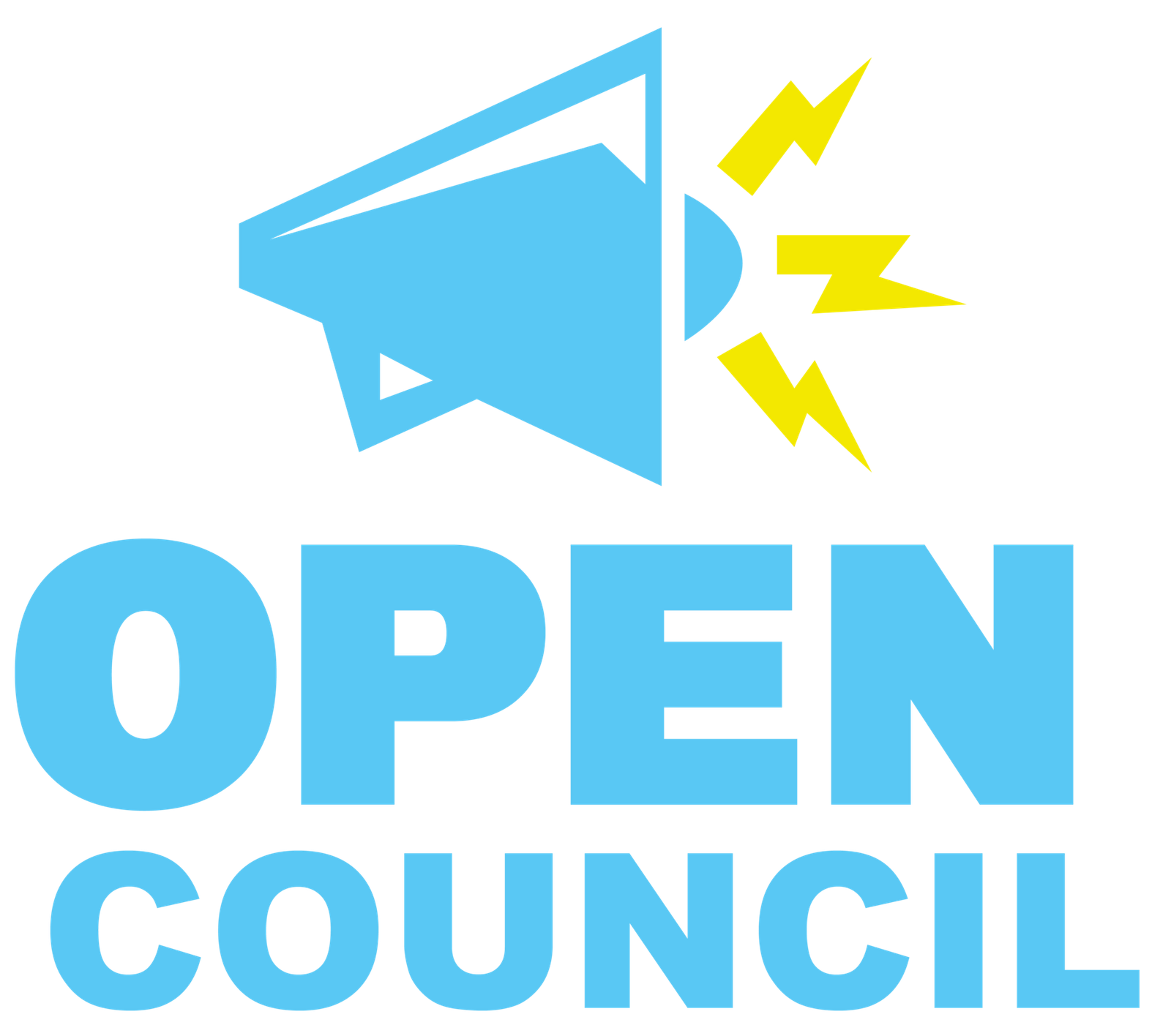By Correspondent
Government identified devolution as a key pillar to achieve an upper-middle-income economy status by 2030, but with 5 years left, the vehicle has been a stuttering relic with no traction.
Despite Section 301(3) of the Constitution requiring fair allocation of national revenue to local authorities, many cities and towns have failed to get anything substantial from the Government.
Finance Minister Professor Mthuli Ncube has attributed the government’s failure to meet the constitutionally mandated five percent allocation of national revenue towards devolution to cash flow constraints, erratic revenue inflows, and poor project readiness by local authorities.
Government Struggling To Fund Devolution
Appearing before Parliament, Prof Ncube revealed that only 23 percent of the ZiG$193.2 billion budgeted for devolution in 2023 was disbursed.
In 2024, the figure dropped slightly to 26 percent of the ZiG$4.1 billion earmarked for the same purpose.
“Of course, we always strive to meet 100 percent disbursement or the full five percent.
“However, we always come out at about a third of that,” said Ncube.
“There is a difference between these disbursements and cash flow outlays. Cash flow outlays usually lag because we live within our means.”
He explained that government revenue is received unevenly throughout the year, with a significant portion arriving in the final quarter.
This uneven flow complicates consistent and timely disbursements to local authorities.
Uneven Payouts Dim Devolution Dream
Harare had received just 1.91 percent of its total devolution share by November 2024, a meagre ZIG 1.218 million.
Meanwhile, Bulawayo Mayor David Coltart last week also raised an issue with the devolution funds.
He accused the central government of dictating how devolution funds should be spent.
Coltart cited the purchase of fire engines from Belarus for $400,000 each.
“We could have got top-of-the-range Mercedes-Benz or Volvo fire engines for two-thirds the price,” he said.
“Although we have strong constitutional provisions that should promote devolution, the reality on the ground is that there are measures in place which are accosted to devolution,” he said.
The mayor also raised alarm over Bulawayo’s worsening water crisis, which he feels devolution funds could have dealt with.
“Our water structure is groaning.
“It is over 40 years old and way beyond its economic lifespan. Ncema Dam’s water treatment works, built in the 1940s, are in dire need of complete rehabilitation,” he said.
Cllr Coltart warned that without urgent investment in new dams and infrastructure, Bulawayo’s water, sanitation and hygiene systems would remain in a “critical state.”
Wrong Government Priorities
Meanwhile, for others, the allocations have been paltry while Government focuses on other issues.
Zimbabwe Coalition on Debt and Development (ZIMCODD) Executive Director Janet Zhou says money is being wasted.
“If the government is serious about attaining Vision 2030, there is a need to reorient security service allocations, considering that Zimbabwe is not at war with any nation.
“It is battling social and economic challenges and inequalities that are affecting millions of its citizens,” she said.
According to Zhou, local authorities are the ones closer to the people and have the mandate to deliver basic public services to residents.
These, she said, include basic healthcare, refuse collection, water and sanitation.
“Currently, women are faced with several public service delivery challenges, which include acute water shortages, poor public healthcare and poor public education.
“All these challenges increase the burden of unpaid care work for women as they are forced by the cultural and traditional norms to fill in the public service delivery gap,” she added.
These multiple challenges around devolution have strengthened calls for a reversion to previous systems where Councils collected funds on their own.
Call For Reversion To Old System
According to Coltart, the state of roads is bad because they no longer have direct access to funds paid by motorists.
Coltart said funds previously allocated to councils through vehicle licence fees were now controlled by the Zimbabwe National Road Administration (ZINARA).
“That money now goes to ZINARA, and we literally have to beg to get some of our money back to repair roads.
“That is contrary to the principle of devolution,” he added.
“Ratepayers of this city, over decades, built our own dams and our own water infrastructure.
“But those dams were unilaterally taken over by the Zimbabwe National Water Authority (ZINWA) decades ago, and we now have to buy our own water back,” he said.
Mayor Mafume’s Gripe
Harare Mayor Jacob Mafume is also of the same school of thought.
Mafume says the transfer of the vehicle licensing portfolio to ZINARA has thwarted the local authority’s efforts to take care of its road infrastructure.
“There is an urgent need to repair, rehabilitate and expand the Harare roads network, which has been severely affected by a lack of programmed routine maintenance over a long period of time.
“The establishment of ZINARA led to the transfer of the vehicle licensing portfolio from local authorities to the statutory body.
“That is when the problems of failure to repair and maintain roads and the attendant infrastructure began, and the results are visible on the ground for all to see.”
He described that as political sabotage.
“City of Harare has not received anything from fuel levy and carbon tax revenues in the past, and this is another area where we are demanding our fair share of the national cake,” he said.
While devolution sounds and seems to be a very decent system to advance development, it has so far failed in the country.
The creation of an additional layer of bureaucracy has simply derailed what the system sought to speed up.
Maybe it’s high time that new mechanisms were interrogated and the novel system amended or even ditched.



